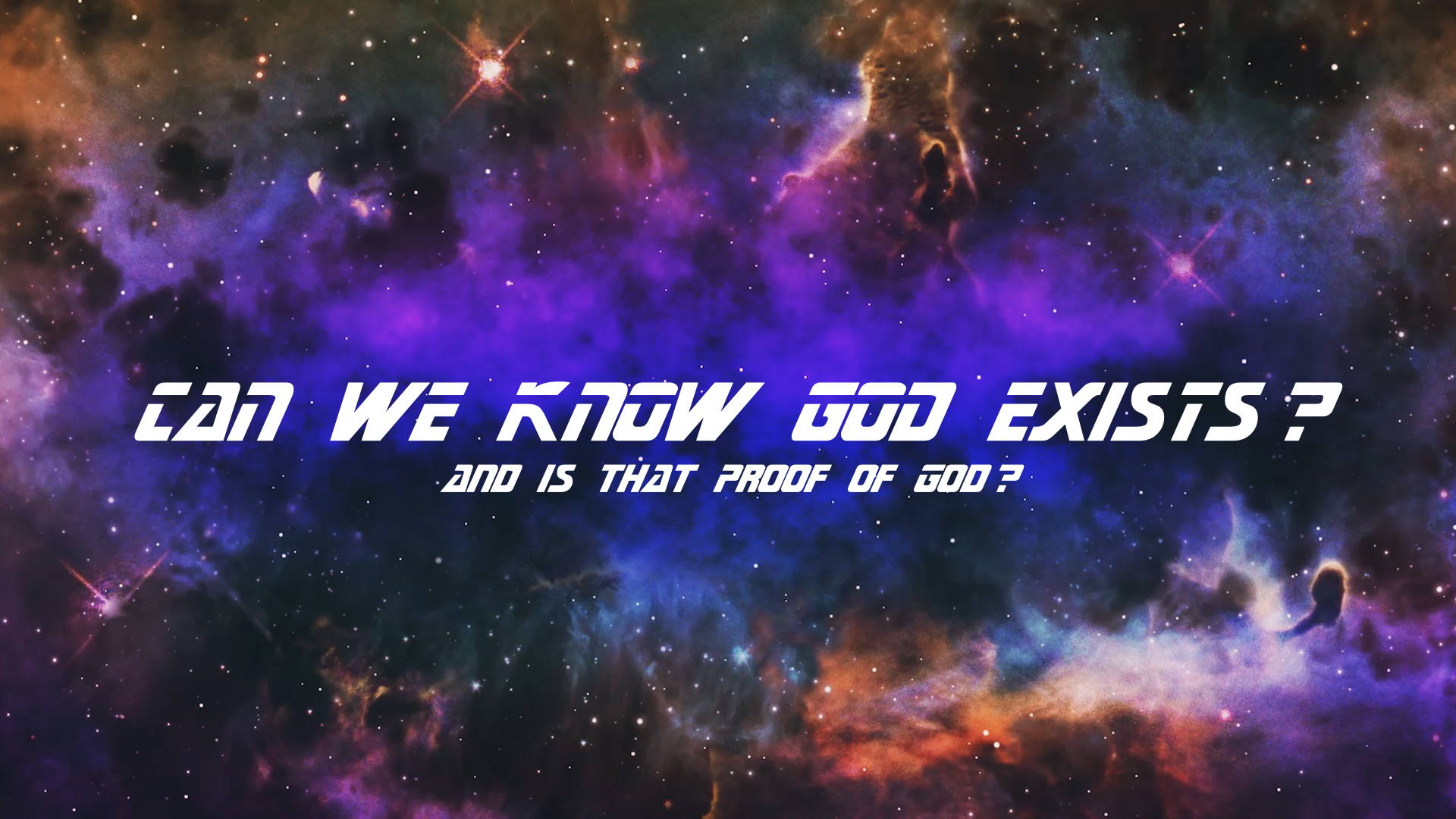The inquiry into the existence of God has echoed across the centuries, inspiring thinkers, theologians, and individuals from various walks of life to grapple with the most profound of questions. Within the Baha’i framework, this exploration is both rational and spiritual, offering unique insights that bridge the chasm between faith and reason.
To embark on this intellectual journey, one must first recognize the multifaceted nature of divine proof. Baha’i teachings assert that the existence of God cannot merely be encapsulated in physical evidence or empirical observations. Instead, it is akin to perceiving the wind—its presence might not be seen, yet its effects are undeniably felt. The vitality of life’s essence, the beauty of creation, and the complexities of the human experience serve as testimonies to a transcendent creator.
Taking a keen cultural perspective, the Baha’i Faith recognizes that humans possess an innate curiosity about their origins and the universe. This curiosity, a divine gift, drives individuals to seek answers pertaining to their existence and purpose. As human beings engage with the world, profound questions arise: What lies beyond our tangible realities? How do we reconcile our experiences with the notion of divinity?
In exploring the Baha’i perspective, the concept of ‘Manifestations of God’ emerges as poignant. These divine emissaries—such as Moses, Jesus, Muhammad, and Baha’u’llah—serve as intermediaries, revealing the nature and will of God to humanity. Their lives exemplify the attributes of the divine, manifesting qualities such as love, justice, and compassion. The teachings imparted by these figures provide a framework for understanding our relationship with the Creator and the universe.
The evidence of God’s existence, from a Baha’i viewpoint, resides in the transformative power of these teachings. The principles of equality, justice, and universal peace articulated by Baha’u’llah are a direct reflection of the divine. When individuals embody these principles, they not only enhance their own lives but also contribute positively to society at large. This cascading effect can be likened to ripples created when a stone is cast into a still pond—each principle has the potential to induce change far wider than its initial impact.
Moreover, the Baha’i writings assert that the quest for knowledge is inherently spiritual. The pursuit of scientific understanding and the exploration of spiritual truths are not mutually exclusive; rather, they intersect beautifully. Science often unveils the mechanisms of the physical world, while spirituality addresses the deeper meanings behind our existence. In this duality, one may find ample evidence of a creator orchestrating the symphony of life.
Human experience further substantiates the Baha’i claim of divine presence. Moments of insight, acts of altruism, and overcome adversities often lead to profound realizations of interconnectedness. Baha’is perceive these experiences as fleeting glimpses of a greater reality—a testament to the divine’s presence within the fabric of human experience. Such revelations underscore the multiplicity of ways in which the existence of God might manifest.
In contemplating the vastness of creation—its intricate design and harmonious order—it becomes increasingly difficult to dismiss the notion of a divine architect. The cosmos, with its staggering complexity and breathtaking beauty, evokes an emotional resonance with the divine. The diversity of life, the delicate balance of ecosystems, and the mysteries of human consciousness all point to an intelligence that transcends human understanding. This holistic view aligns with Baha’i teachings; they position God as the ultimate source of existence, inseparable from the manifestations and the universe itself.
Critically, the Baha’i approach signifies that the understanding of God is not static. It evolves in tandem with humanity’s growth. As society progresses, revelations are revealed anew, allowing for deeper insights into the divine nature. This dynamic interplay fosters a living relationship with God and encourages individuals to continually seek out their own experiences of the divine, thereby enhancing personal understanding and communal unity.
Additionally, the Baha’i Faith emphasizes the universality of God’s revelation. The idea that every culture and era has been graced with divine guidance serves not only to celebrate diversity but also to assert a foundational unity amongst all religions. Hence, the spiritual truths contained within various traditions can be harmonized, revealing a comprehensive landscape of knowledge that beckons individuals to delve deeper into their spiritual journeys.
In essence, the Baha’i answer to the question of divine existence weaves together profound metaphors, scientific inquiry, personal experiences, and the revelations of past prophets. By inviting individuals to engage both their intellectual faculties and spiritual yearnings, the Baha’i teachings encourage an exploration of the divine that is both enriching and profound. Through this journey of discovery, one may find not only the proof of God’s existence but a deeper connection to the universe and a clearer understanding of one’s role within it.
Ultimately, the quest to understand the existence of God remains a deeply personal endeavor. Each individual must traverse their own path, guided by the dual lights of reason and faith. As we stand in the nexus of thought and spirituality, we come to realize that while the proof of God may be as ephemeral as the breeze, the impact of that realization shapes our very lives and the world in which we coexist.
